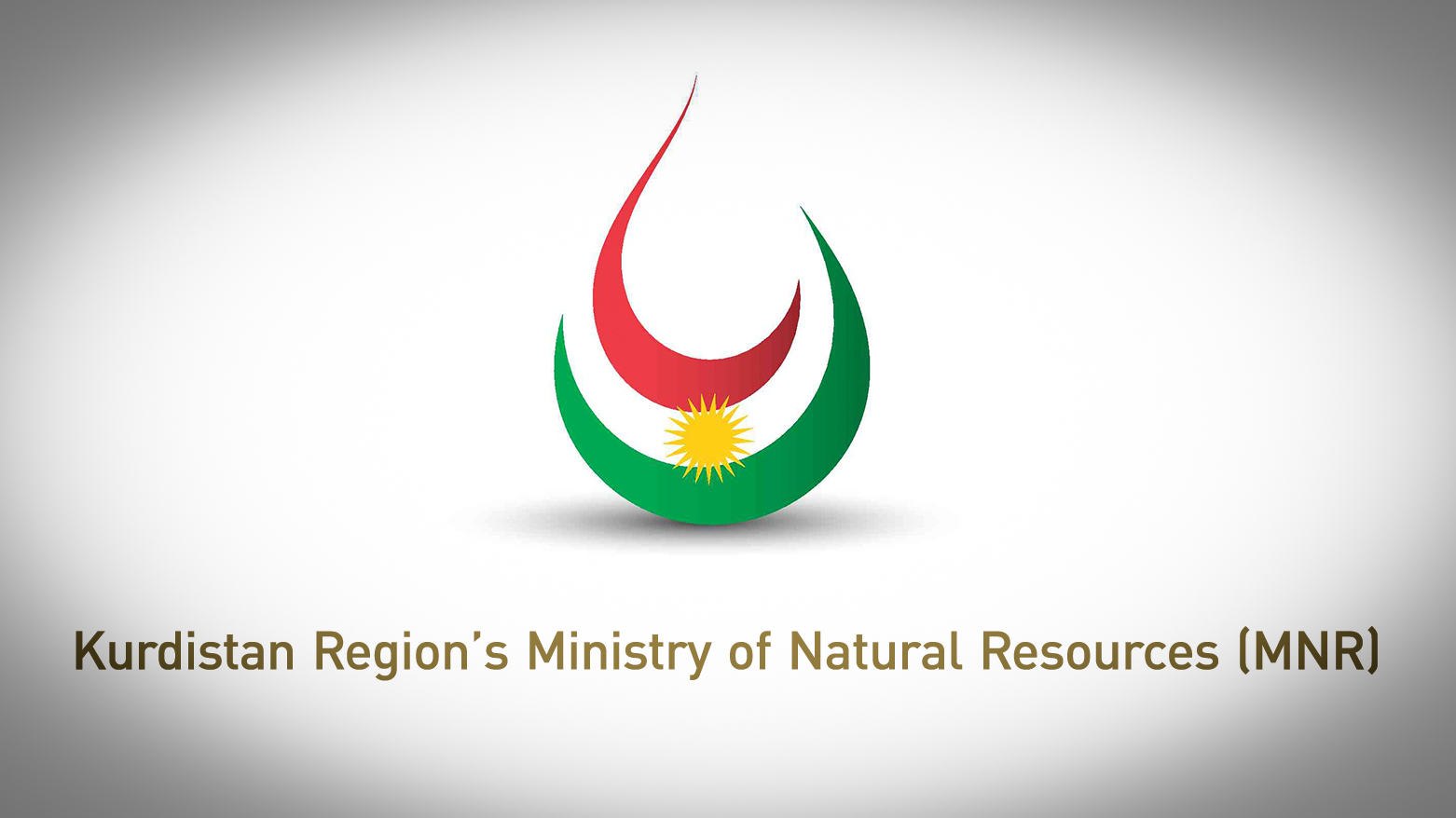KRG Says It Has Fulfilled Commitments on Oil Exports, Awaits Baghdad’s Response
KRG says it has met all obligations on oil exports, accuses Baghdad of delaying implementation despite constitutional commitments.

ERBIL (Kurdistan24) — The Kurdistan Regional Government (KRG) on Tuesday said it has fully implemented its obligations regarding the resumption of oil exports through Iraq’s federal framework and is now waiting for the Iraqi Ministry of Oil to sign off on the trilateral agreement that would allow state marketer SOMO to restart Kurdistan Region oil exports.
In a statement, the Kurdistan Region’s Ministry of Natural Resources (MNR) said it had complied with all decisions and instructions issued by the Iraqi Council of Ministers and had officially informed both domestic and international oil companies to align with the new framework.
According to the ministry, only one foreign company has yet to finalize its commitments, a delay it stressed has no bearing on the broader agreement between Erbil, Baghdad, and the operating firms.
The MNR confirmed that on Sept. 23, 2025, it formally communicated its approval, along with that of the oil companies, to Iraq’s Ministry of Oil and is now awaiting Baghdad’s formal response.
The ministry urged swift action so that SOMO can begin exporting Kurdistan oil “as soon as possible” and implement all provisions of the agreement.
The statement came as the Kurdistan Regional Council of Ministers, chaired by Prime Minister Masrour Barzani, convened in Erbil to discuss the trilateral oil export framework.
According to the KRG’s Media and Information Department, the agreement — involving the federal government, the KRG, and international oil companies — is designed to restart Kurdistan oil exports in line with Iraq’s federal budget law and binding decisions by both governments’ cabinets.
Oil exports from the Kurdistan Region have been halted since March 2023 after a Paris arbitration ruling in favor of Baghdad, which asserted control over crude flows through the Turkey-based Ceyhan pipeline.
The suspension has cost both Erbil and Baghdad billions of dollars in lost revenues and intensified financial strains on the Kurdistan Region, which has struggled to pay public sector salaries amid the prolonged dispute.
Efforts to resume exports have repeatedly stalled over technical, legal, and political disagreements between the two sides. Baghdad insists on centralized control over exports via SOMO, while Erbil seeks guarantees on budget transfers and respect for its constitutional rights under Iraq’s federal system.
International stakeholders, including the United States and European Union, have urged to reach a sustainable compromise, warning that the ongoing deadlock undermines Iraq’s economic stability and energy partnerships.
Kurdish officials argue that while Erbil has demonstrated full compliance with its obligations, Baghdad continues to delay implementation and use financial pressure as a political tool.
They say this undermines the principles of federalism enshrined in the Iraqi constitution and punishes the Kurdistan Region’s people for political disputes, despite the KRG’s clear willingness to cooperate on oil exports and revenue sharing.